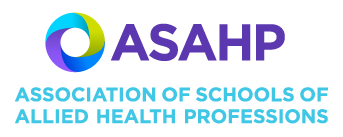Undergraduate Majors
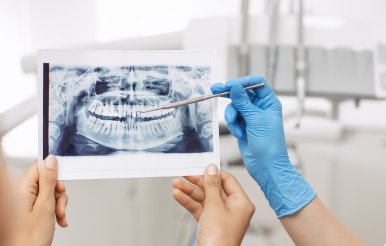
This entry-level degree program in dental hygiene encompasses two years of pre-requisite and general education courses followed by two years of dental hygiene theory and practice, community oral health, research methodology and teaching strategies. Upon completion, graduates are eligible to take the Dental Hygiene National Board Examination as well as the regional and state board examinations.
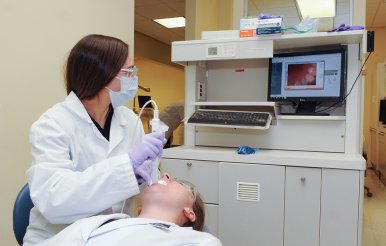
The Bachelor of Science in Dental Hygiene (BSDH) Post-Licensure program is designed for students who have completed a certificate or associate degree from an accredited dental hygiene program. Licensed dental hygienists gain knowledge, skills, and attitudes necessary for expanded career opportunities.

The Exercise Science (B.S.) program is designed to prepare students for careers in developing exercise and wellness programs in settings such as hospitals, wellness and rehabilitation centers, sports medicine clinics, sports performance centers, collegiate sport facilities, government agencies, health and fitness centers, and corporations.
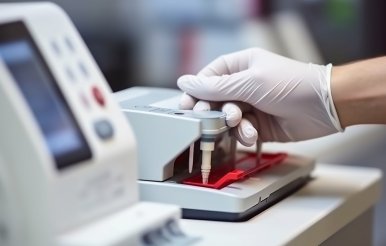
Medical laboratory science students acquire the skills and knowledge needed to provide data, obtained by precision instruments and electronic equipment, that is used to diagnose, treat and prevent disease. The graduate is eligible for MLS examination and certification through the Board of Certification of the American Society for Clinical Pathology (ASCP).
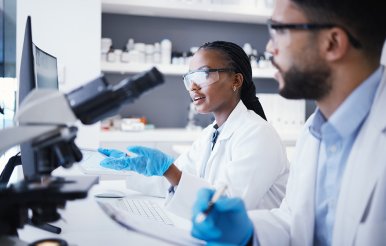
The Bachelor of Science in Medical Laboratory Science degree completion program is available for graduates of accredited associate degree universities and hospital-based or military Medical Laboratory Technician (MLT) programs. MLT certification is required for admission.
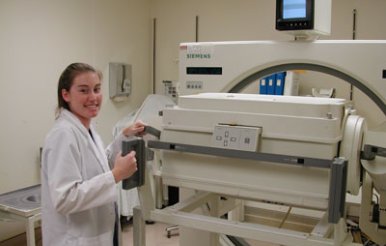
Nuclear medicine technology graduates use sealed and unsealed radioactive materials in the diagnosis and treatment of disease. The program is designed to prepare individuals as entry-level nuclear medicine technologists.

The Pre-Clinical Studies major provides clear paths for students interested in graduate health professions with flexibility to select courses depending on the anticipated future graduate degree in medical or diagnostic professions. This major will prepare individuals to enter graduate programs which focus on patient care and diagnostics across the lifespan.

Recreational Therapy prepares students for entry-level careers as recreational therapists. These professionals use activity-based interventions to support individuals with illness and disability to achieve improved quality of life.

The speech-language pathology and audiology program is designed to provide students with the academic experiences needed to understand normal processes involved in speech, language, and hearing abilities, and to identify characteristics of communication disorders.
Undergraduate Minors
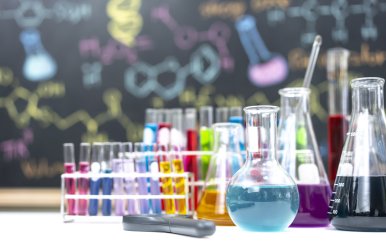
A minor in medical Technology requires a minimum of 12 semester hours of 300/400-level MLS courses. Students may choose courses from a specific laboratory science discipline (hematology, microbiology, clinical chemistry, and immunohematology) or from several disciplines. All prerequisite courses must be completed.
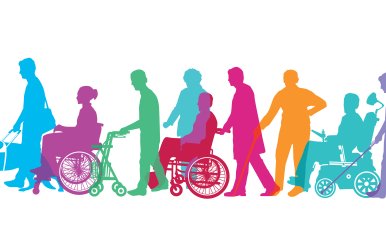
The minor in Recreational Therapy provides students with a foundational knowledge of the field of therapeutic recreation and its populations served. It enhances students’ understanding of the use of leisure-based interventions to enhance the quality of life of individuals with disabilities.
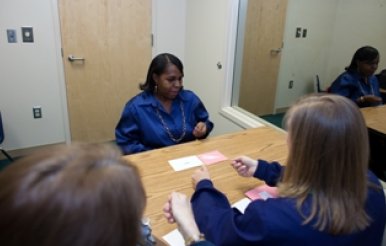
This minor is designed to complement majors in education, psychology, and special education with the academic experiences needed to understand normal processes involved in speech, language, and hearing, identify communication disorders, and introduce students to clinical procedures for assessment and treatment of communication disorders.
Ready to Join Us?
We teach you to become a healthcare professional. Start or expand your career.
Member of ASAHP
The Ellmer College of Health Sciences at Old Dominion University is a member of the Association of Schools of Allied Health Professions.



